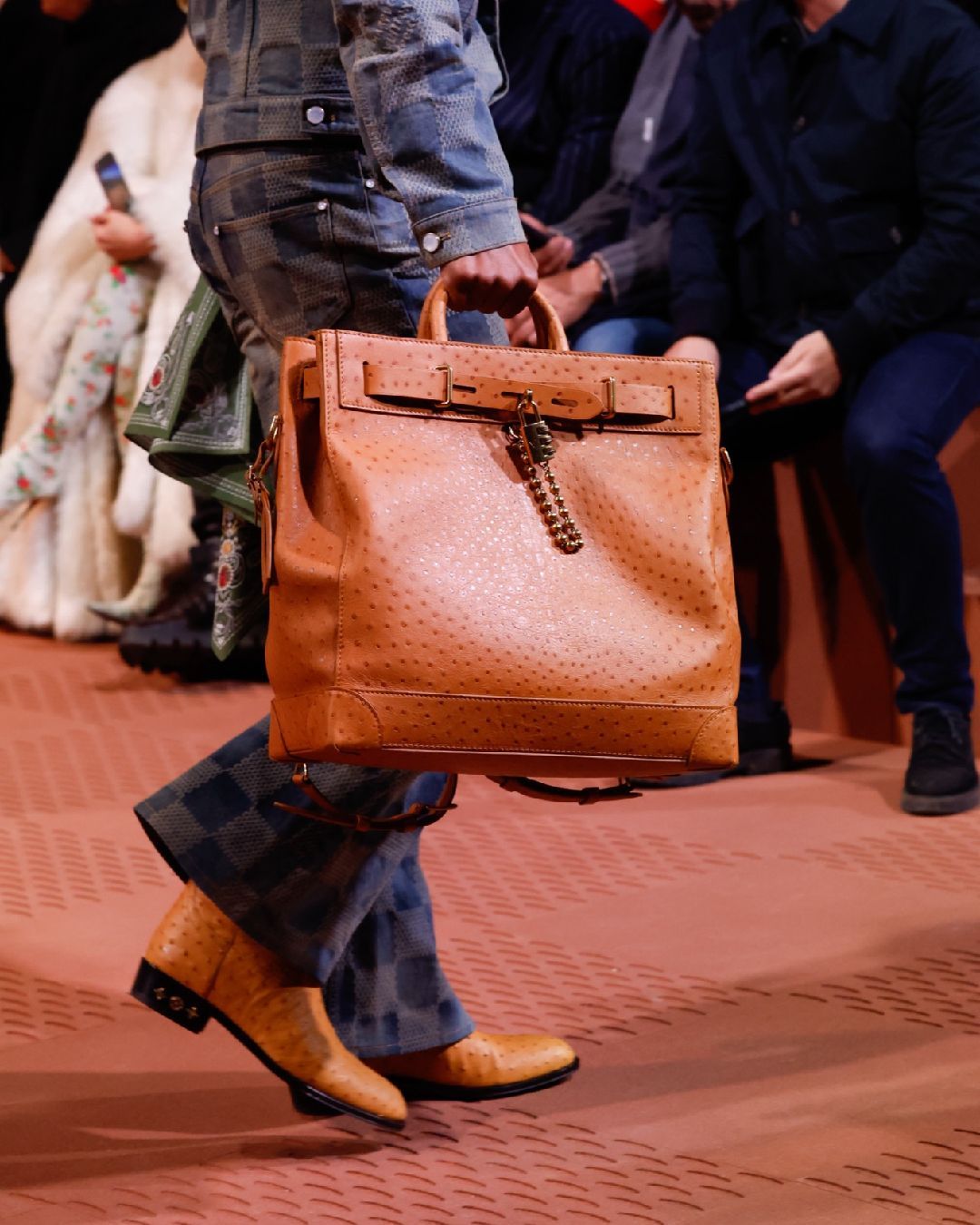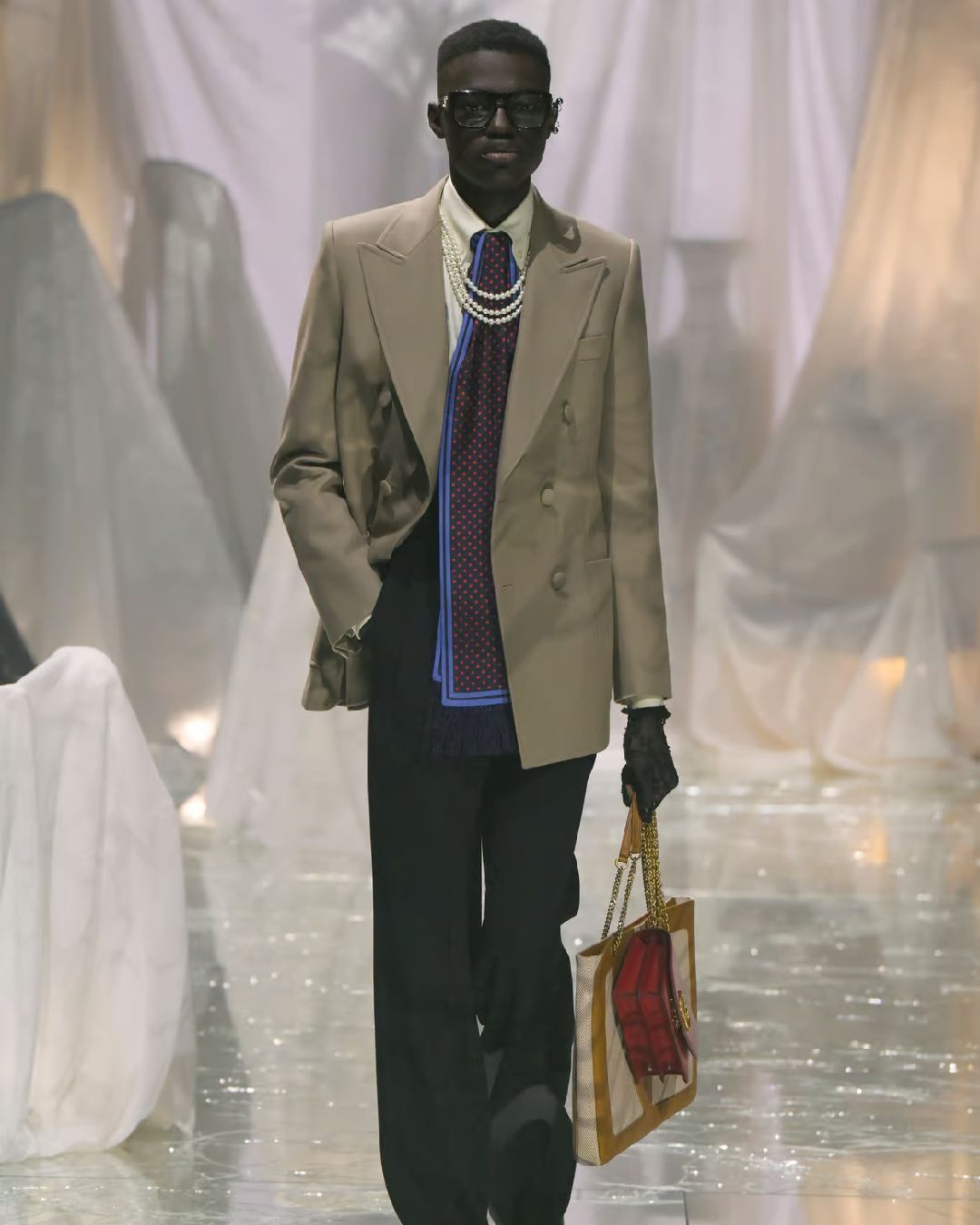
Phoebe Philo edited the Financial Times weekly The title entrusted the designer with the role of editor, enhancing her curatorial attitude
Phoebe Philo is one of the most influential designers of the twenty-first century, a creative who has been able to create a powerful language centered on intelligence, sharp irony, and contemporary art. Philo inaugurated a wonderful season of fashion, characterized by female empowerment without the need to shout, elegantly surpassing the still incredibly persistent stereotype of power dressing that we have been dragging along since the Eighties. Padded shoulders are not needed to assert the authority of a woman in prominent positions: one can be cultured and feminine without force. It is no coincidence that The Gentlewoman dedicated the cover of its iconic (and now very rare) first issue to her in 2010. Over the years, the designer has inspired an entire generation, both for her personal choices—like when in 2006 she left Chloé to focus on her family, and in 2017 did the same with Celine—and for her stylistic legacy, which continues to inspire new talents, from Daniel Lee to Adrian Appiolaza. For the May 1st edition of HTSI - How to Spend It, the Financial Times magazine dedicated to luxury, art, and culture, Philo takes center stage with an edition entirely curated by her as the editor.
The role of editor for a magazine like HTSI seems natural for Phoebe Philo: her vision is curatorial, and her constant dialogue with contemporary art naturally places fashion and art in the same world. A perfect example is the SS17 collection of Celine, for which she collaborated on the runway set with Dan Graham, one of the most influential architects and conceptual artists in the world. The result is a spatial operation in which the collection enters into perfect dialogue with the artwork. In the May issue of HTSI, she writes in the editor's letter: «The people I have chosen to feature in this magazine are all passionately dedicated to their vocation. They are people whom I admire for their talent, their knowledge, their discipline, their complexity, and their distinctive expertise… They are brilliant and true to themselves. I am honoured to share that brilliance with all of you. Feeling good is about thinking as well as looking.» It seems, once again, a statement to underline her essence and her collaboration with the world of culture. She, who has never had an Instagram profile, talks about clothing, vocation, and competence at a time when all these elements are overwhelmed by the self-centered narrative and images, rather than by one’s own practices.
In this issue, she also selects many voices that, beyond accompanying her work as a silent experience, also influence her critical attitude towards the system, despite being fully part of it. She chooses Andrea Fraser, who is usually not inclined to be interviewed, and even agrees to be photographed wearing pieces from the designer's latest project, which bears her name. Fraser is a central figure when talking about what is known as Institutional Critique; her works explore the social, financial, and emotional economies of organizations and individuals within the cultural world. Fraser says: «I’m always trying to figure out how to fit in,» a statement that reflects not only her relationship with the garments but also with nudity, often present in her works. The interview conducted by sociologist Sarah Thornton is accompanied by a series of shots by photographer Talia Chetrit, who has worked with Philo for a long time and also shoots campaigns for PHOEBE PHILO, using Fraser herself as the model, mimicking the exact poses of the models.
We also find many key figures in the contemporary artistic and musical sphere, such as the last interview with Koyo Kouoh, curator of the 2026 Venice Art Biennale, who passed away prematurely on May 10th, just a few days after the magazine's release. Her death left a huge void in the art world and a question mark over the next Venetian exhibition. Finally, there is the interview with Mati Diop (Franco-Senegalese director) who, in conversation with Dev Hynes (musician and producer also known as Blood Orange and Lightspeed Champion), reflects on her cinema as a political and poetic act, aimed at refocusing the gaze on the African continent. «I dream my films very deep before I make them, and they stay with me,» Diop says, explaining how each project is born from a long internal gestation. With the intent to «reset the gravity axis of desire», Diop claims a new center of gravity for desire and imagination. A true designer and fashion designer is, above all, a curator today. As seen in this editorial exercise, Phoebe Philo is perfectly capable of holding court and bringing together under the same object fascinating dialogues and design coherence.















































